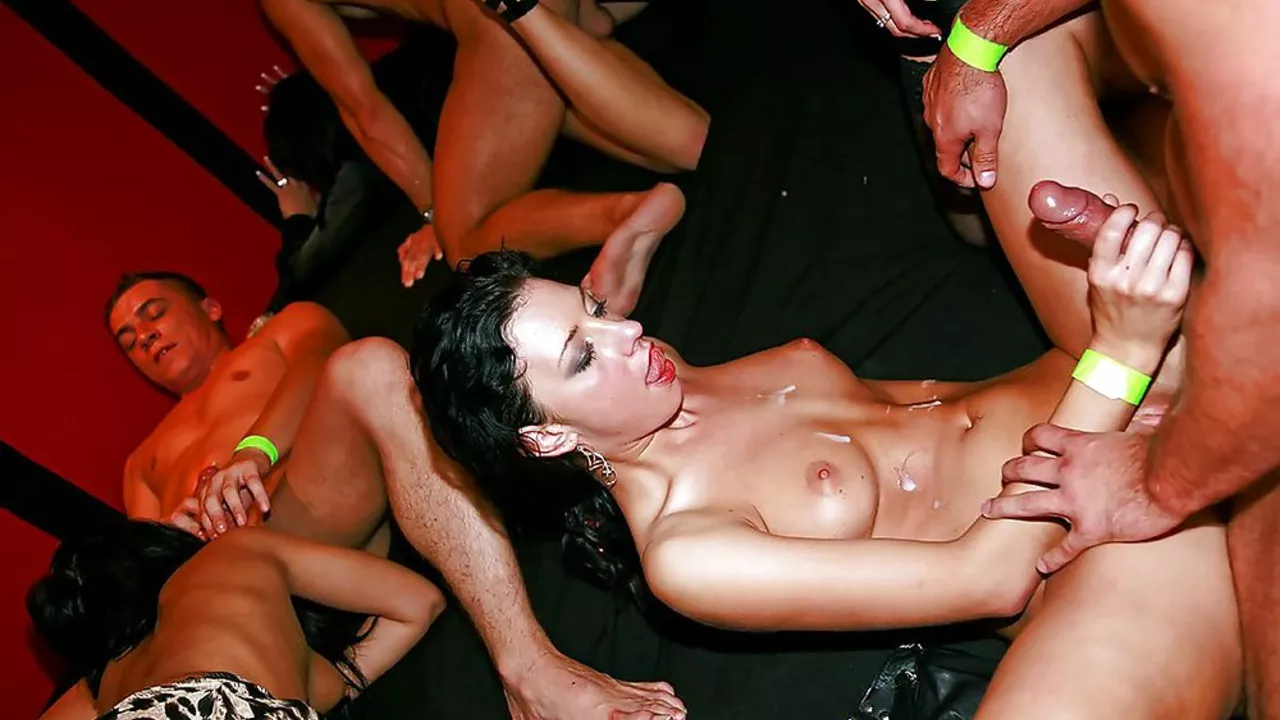Drunk Sex: What It Is, Why It Happens, and How to Stay Safe
Ever wonder why a night out can turn into a messy bedroom situation? Alcohol lowers inhibitions, makes people feel bold, and can blur the line between flirting and real intimacy. That mix often leads to what people call “drunk sex.” It’s not just a headline gag; it’s a real issue that affects many of us.
First off, alcohol changes how our brain works. It messes with the part that decides right from wrong and slows down the part that says “stop.” The result? People might say yes to things they’d normally reject, or they might not realize they’re being pressured. That’s why consent is a big word in any discussion about drunk sex.
Why Consent Gets Tricky When Alcohol Is Involved
Consent means a clear, enthusiastic “yes” from everyone involved. When drinks are flowing, two things happen: people get less clear about what they want, and they’re slower to notice body language. Even if someone says “yes,” it might be a reflex, not a real agreement. The safest rule is to pause if either person has had a lot to drink. Ask directly, watch for hesitation, and be ready to stop if anything feels off.
Both partners need to take responsibility. If you’re the one who’s drunk, think twice before getting intimate. If you’re the sober one, you’re in a position to protect both of you. It’s not about blaming anyone; it’s about making sure everyone stays safe and respected.
Risks You Can’t Ignore
Drunk sex brings three main risks: health, legal, and emotional. Health-wise, alcohol can numb the senses, making condoms slip off or be forgotten altogether. That raises the chances of STIs and unplanned pregnancies. Legally, many places treat sex with an intoxicated person as non‑consensual if they can’t give clear agreement, which can lead to serious charges.
Emotionally, a night of hazy decisions can leave both parties feeling confused, ashamed, or angry the next day. Those feelings linger and can damage friendships or relationships. Knowing the stakes helps you weigh the moment against possible fallout.
So, what can you do to keep the fun without the fallout?
1. Set a drinking limit before you start. Knowing your own threshold helps you avoid crossing into the gray zone where consent gets fuzzy.
2. Keep water or non‑alcoholic drinks handy. Alternating drinks slows down intoxication and gives you a clearer head.
3. Use a “check‑in” system. After a few drinks, pause and ask each other, “Do you still want to keep going?” If anyone hesitates, call it off.
4. Have protection ready. Keep condoms nearby and use them the first time you get intimate, even if you think you won’t need them.
5. If you’re the sober partner, be extra vigilant. You’re in a position to protect your friend or date from making a decision they might regret.
6. Remember that it’s okay to say no at any point. No one owes you intimacy, even after a night of partying.
Bottom line: drunk sex isn’t inevitable. It’s a choice, and you can control it with clear boundaries, honest communication, and a little foresight. When you respect the process, you protect yourself, your partner, and the trust you share. Stay safe, stay honest, and keep the good vibes rolling without the silent regrets.
Is drunk sex rape?
Discussing the sensitive topic of whether drunk sex is considered rape, opinions vary greatly. Some argue that it is rape, as the person under the influence cannot give clear, informed consent. Meanwhile, others believe that the lines are blurred, and it depends on the degree of intoxication. It's essential to remember that consent should always be clear and coherent, and any sexual activity without it is indeed sexual assault. The debate continues, highlighting the importance of education on consent and alcohol-related risks.
